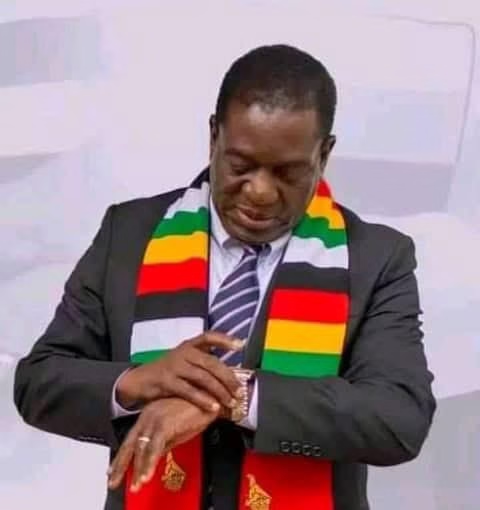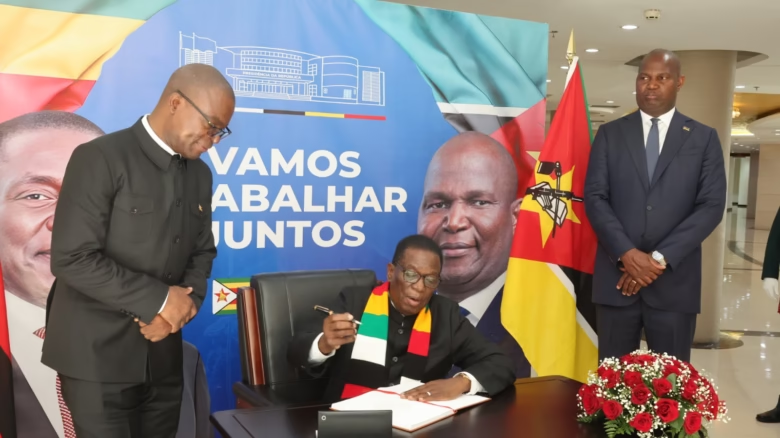
The Second Republic is transitioning from rhetoric to action, with President Emmerson Mnangagwa spearheading a sweeping overhaul of Zimbabwe’s regulatory landscape. The government is aggressively simplifying fees, permits, and licenses to remove longstanding barriers to investment and entrepreneurship. This reform, aligned with Vision 2030, aims to create a seamless environment for capital inflow by improving the predictability, cost, and efficiency of regulations.
For years, businesses have struggled with overlapping licenses, opaque fees, and delays, pushing some investors to more competitive regional markets. The President’s directive to simplify and consolidate regulations signals Zimbabwe’s readiness to attract global investment. The Zimbabwe Investment and Development Agency (ZIDA) has already introduced a one-stop investment hub to reduce bureaucracy and corruption. These reforms will particularly benefit small and medium enterprises, enabling them to formalize, access finance, and participate in value chains.
The changes also address governance issues, reducing opportunities for corruption by digitizing processes and enforcing clear timelines. As Zimbabwe positions itself as a hub for energy, minerals, steel, agriculture, and services, these reforms are critical to competing in the global market. Success hinges on implementation at local levels, requiring consistent follow-through, audits, and engagement with businesses.
By cutting red tape, the Second Republic aims to unlock stalled projects and drive inclusive growth, reinforcing the message that Zimbabwe is “open for business.”




